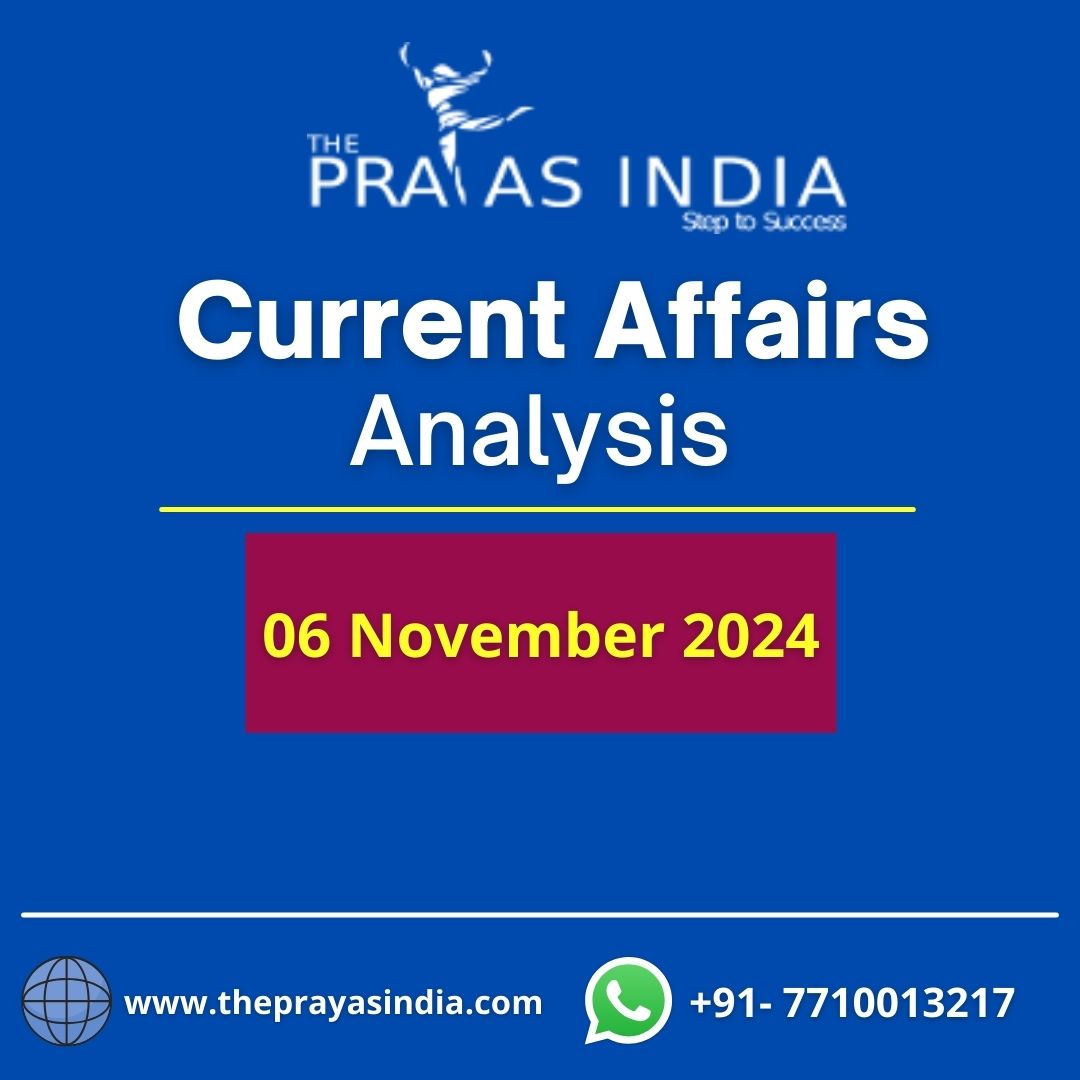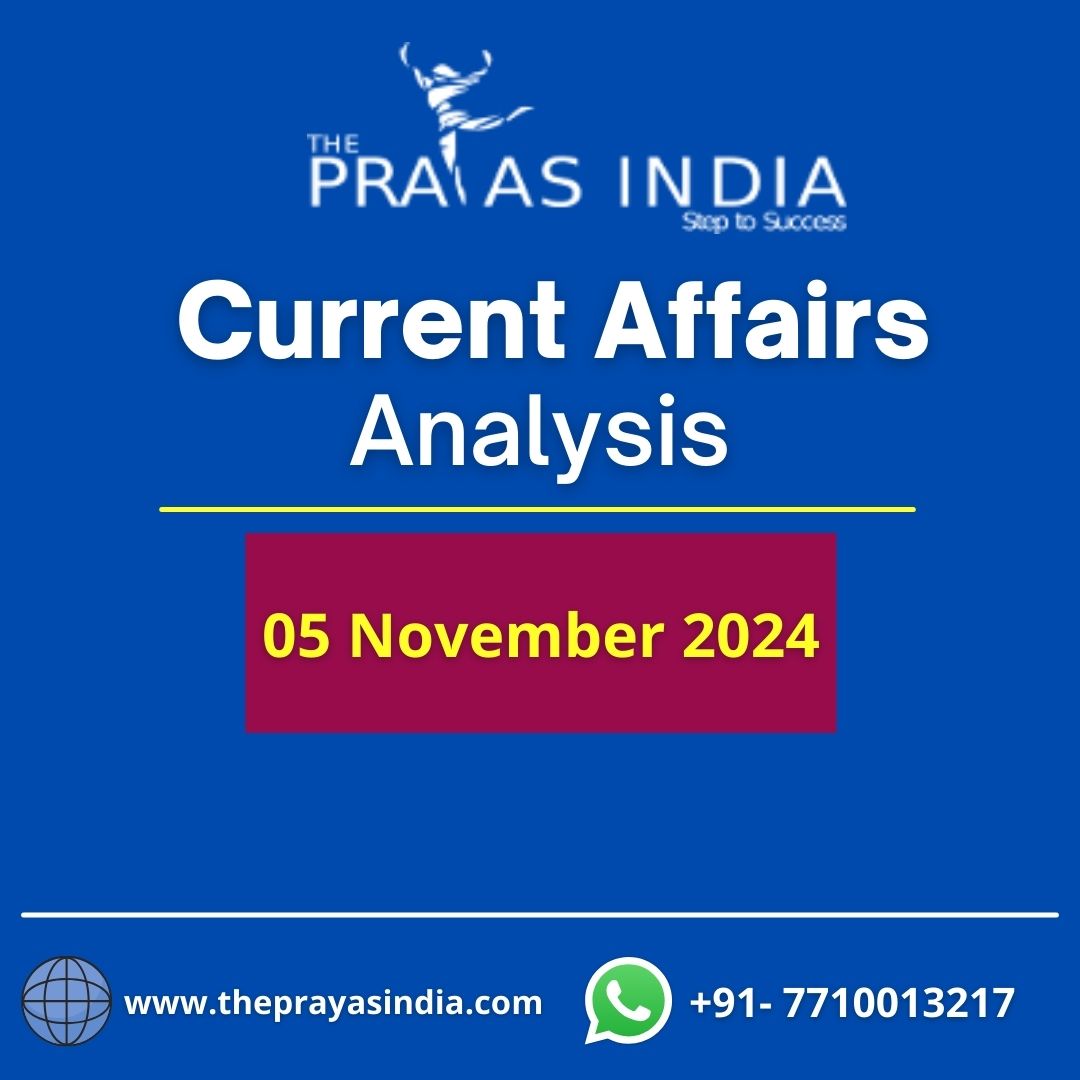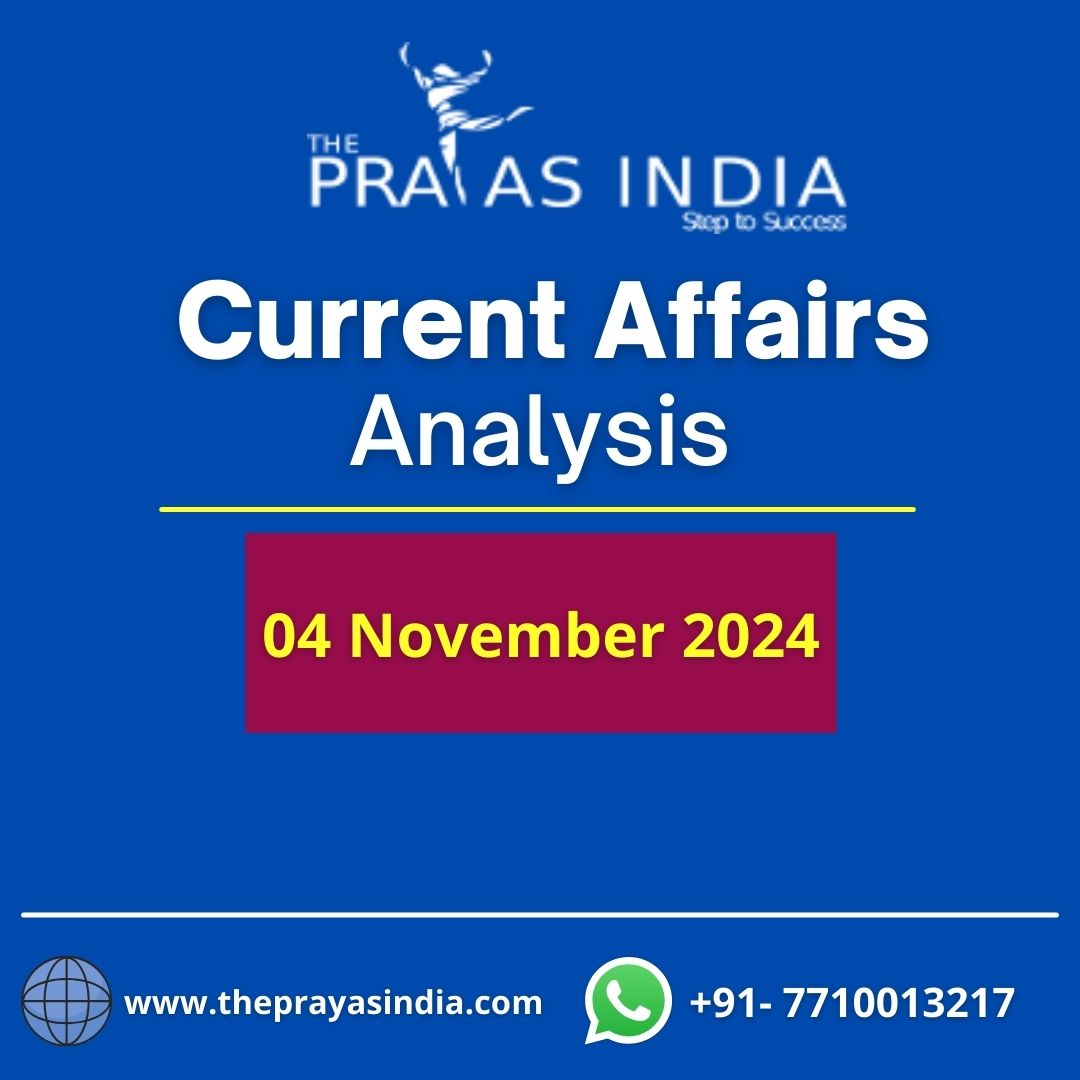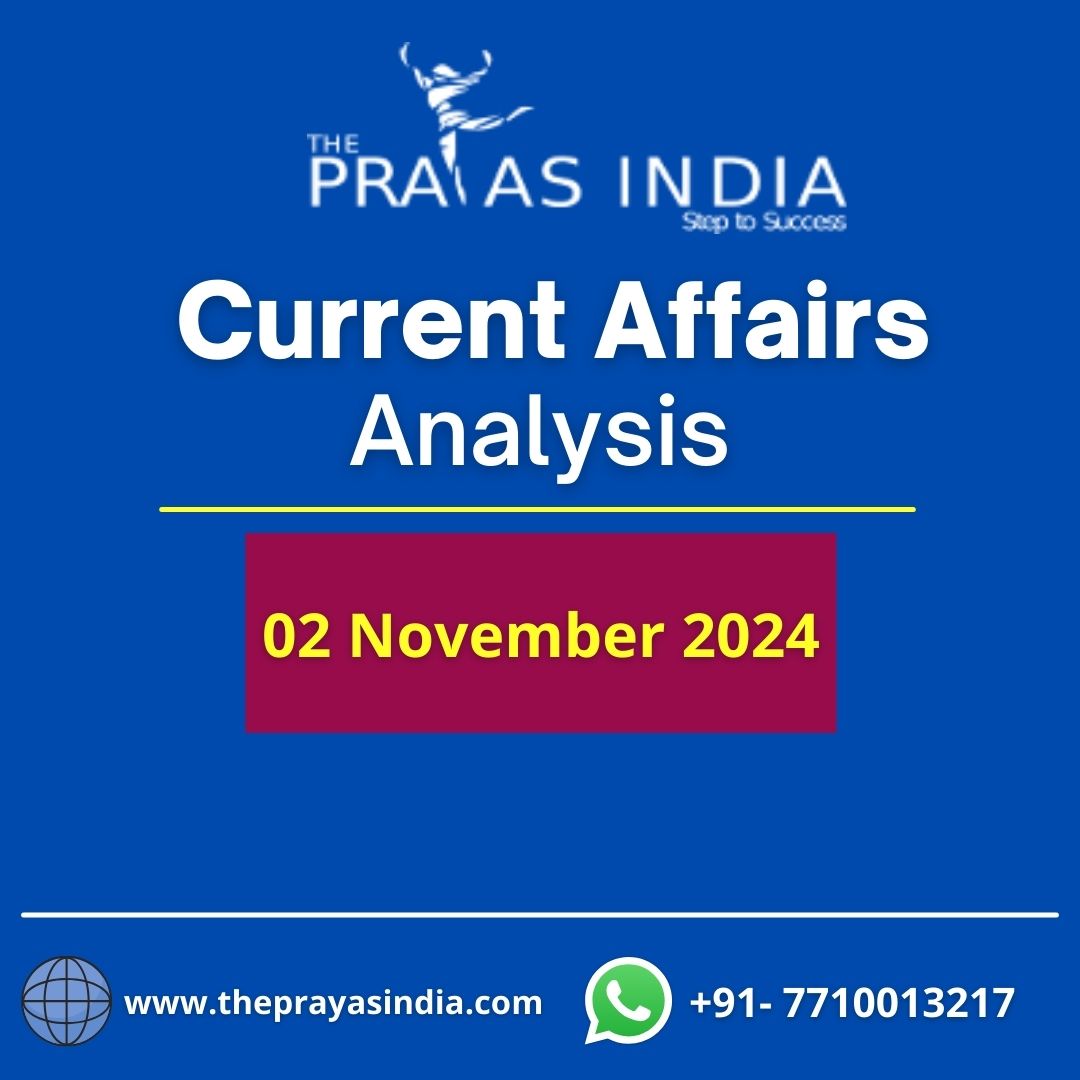DAILY CURRENT AFFAIRS ANALYSIS
| No. | Topic Name | Prelims/Mains |
| 1. | President Rule | Prelims & Mains |
| 2. | Electoral Bonds Scheme | Prelims & Mains |
| 3. | National Population Register | Prelims & Mains |
| 4. | Neelakurunji | Prelims & Mains |
1 – President Rule: GS II – Topic Indian Constitution
Context:
- Kerala’s governor, Arif Mohammed Khan, launched a broadside against the Left-led administration on Monday. He asserted that “they have began the process of collapse of constitutional machinery” by threatening him with harsh consequences and prohibiting the vice chancellors he nominated from carrying out their responsibilities.
What does President’s Rule in respect to India actually mean?
- The President of India may impose President’s rule and suspend state government in any state of the nation in accordance with Article 356 of the Indian Constitution “if he is satisfied that a situation has arisen in which the government of the state cannot be carried on in accordance with the provisions of the Constitution.”
- Other names for it include “State Emergency” and “Constitutional Emergency.”
- The Council of Ministers must be disbanded at the effective date of this regulation.
- The governor will continue act as the President of India’s representative and oversee operations even though the state will be directly run by the Union government.
Parliamentary approval timeline:
- Within two months of the day it was issued, both Houses of Parliament must ratify a proclamation that imposes President’s Rule.
- Passage in either House requires a simple majority of those present and voting or a majority of the members of the House.
- After the initial six months, the President’s Rule may be prolonged once every six months for a total of three years with the consent of the Parliament.
Other Info:
- If the President is certain that a situation has developed where the State’s administration cannot be carried out in accordance with the Constitution, whether after receiving a report from the Governor of the State or otherwise, President’s Rule is established in accordance with Article 356.
Revocation:
- A new proclamation from the President may at any time rescind a President’s Rule proclamation. A comparable proclamation does not require parliamentary approval.
Source The Hindu
2 – Electoral Bonds Scheme: GS II – Topic Election-related issues
Context:
- In order to provide itself the authority to designate an additional fortnight of electoral bond sales in years when States and Union Territories with a legislature hold elections, the Center revised the Electoral Bond Scheme on November 7, 2022. Using this power, the Center extended the window for issuing such bonds by one week, starting on November 9. This was completed a few weeks before the elections in Gujarat and Himachal Pradesh.
About:
- These bonds may only be issued or redeemed by the State Bank of India.
- Donors acquire election bonds in an anonymous manner, and they lose value 15 days after being issued.
- Donors can buy them from banks as debt instruments that they can subsequently redeem by giving to the political party.
- Only those who have received prior approval and have deposited the funds into a certain bank account are permitted to redeem these.
- Bonds from SBI are available in denominations of 1,000, 10,000, one lakh, ten lakh, and one crore rupees.
- For a total of 10 days in the months of January, April, July, and October, as determined by the Central Government, any Indian citizen may purchase the bonds.
- Eligibility:
- To be eligible to purchase electoral bonds, a political party must be registered under Section 29A of the Representation of the People Act of 1951 and have won at least 1% of the vote in the most recent general election for the House of People or the Legislative Assembly.
Concerns associated:
- The main criticism of the electoral bonds programme is that it has failed to advance election financial transparency, which was one of its stated goals.
- For instance, some contend that electoral bonds’ anonymity only safeguards the general public and the opposition.
- Because a government-owned bank (SBI) is marketing these bonds, the government is aware of the investors supporting the bonds of its competitors.
- Because of this, the current administration has the authority to punish companies who decline to give it financial assistance or compel donations from them, particularly from major businesses, giving the latter an unfair advantage.
- The Union government has exempted political parties from revealing contributions made through electoral bonds through an amendment to the Finance Act of 2017.
- This implies that the contributors, gifts, or quantities given to each party won’t be disclosed to voters.
- Voters choose the candidates who will represent them in Parliament under a representational democracy.
- The Indian Supreme Court has long argued that, in accordance with Article 19 of the Indian Constitution, the “right to know,” particularly with regard to elections, is a crucial aspect of the right to free expression.
- The general public receives no information from bonds relating to elections.
- Since the current administration can always request data from the State Bank of India to obtain donor details, it is exempt from the aforementioned anonymity (SBI).
- This implies that the current administration might employ this information to thwart fair elections.
Source The Hindu
3 – National Population Register: GS II – Topic Indian Constitution
Context:
- The National Population Register (NPR) needs to be updated once more to reflect the changes caused by birth, death, and migration, for which demographic and other details of each family and individual are to be collected, according to the Ministry of Home Affairs (MHA), which stated this in its 2021–22 annual report published on November 7, 2022.
Definition:
- NPR is a list of “regular residents of the country.”
- “Usual inhabitants of the country” are those who have resided in a specific location for the previous six months or who plan to do so for the following six months.
Statutory obligations:
- The Citizenship (Registration of Citizens and Issue of National Identity Cards) Rules of 2003 and the Citizenship Act of 1955 provide the legal framework for the creation of the NPR.
- One must register with the NPR in order to be considered a “usual resident of India.”
Background:
- 2010 saw the first data collection for the NPR and the house listing portion of the 2011 Census.
- In order to further update this information, a door-to-door survey was conducted in 2015.
- The NPR has recently been supplanted with Aadhaar as the main tool for distributing government subsidies.
Scope:
- The NPR exercise is conducted at the local, sub-district, district, state, and national levels.
- The NPR will compile both demographic and biometric data. Biometric data will be updated using Aadhar information.
- For the 2010 exercise, the RGI solely gathered demographic information.
- In order to further update the data, it added residents’ cellphone, Aadhaar, and ration card numbers in 2015.
- For the 2020 exercise, new categories have been created, however the ration card number has been eliminated.
Advantages:
- It will be simpler to access resident data across many platforms.
- For instance, it’s common for someone’s birthday to vary on different official documents. NPR will help get rid of it.
- Both the national security and government policymaking would be strengthened.
- Similar to how Aadhaar has aided, it will aid in better targeting of government recipients and further reduce paperwork and red tape.
- The most recent “One Identity Card” plan from the government will be easier to execute as a result.
- The “One Identity Card” will take the place of Aadhaar cards, voter ID cards, banking cards, passports, and other types of individual paperwork.
Source The Hindu
4 – Neelakurunji: GS III – Topic Environmental Conservation
Context:
- Tourists continue to swarm the picturesque location despite the Neelakurinji flowers (Strobilanthes kunthiana) in the Kallippara hills of Idukki fading.
- Neelakurinji began to bloom in copious quantities on the Kallippara hills in the first week of October, according to Santhanpara panchayat officials. In the preceding 30 days, it is projected that more than 10 lakh people visited the highlands.
About:
- It is a shrub that grows in the Western Ghats’ shola woodlands in Tamil Nadu, Karnataka, and Kerala.
- The “Kurinji” blossoms, which are known locally, grow between 1,300 and 2,400 metres above sea level.
- The term “blue mountains,” also known as the “Nilgiri Hills” or the Nilgiri Mountains, refers to the lilac-purple blooms of Neelakurinji, which only bloom once every 12 years.
- The kurinji is protected in its roughly 32 km2 primary habitat in the villages of Kottakamboor and Vattavada close to the Idukki district by the Kurinjimala Sanctuary in Kerala.
- Additionally, these plants are kept at the Kurinji Andavar temple, which is dedicated to Murugan, in Kodaikanal, Tamil Nadu.
- It served as a guide for the Paliyan tribe in Tamil Nadu while figuring out their ages.
- Each of the 45 Neelakurinji species found in Karnataka blooms every six, nine, eleven, or twelve years.
- Neelakurinji may also be found in Karnataka’s Western Ghats, in the Sanduru highlands of the Bellary district.
Source The Hindu




